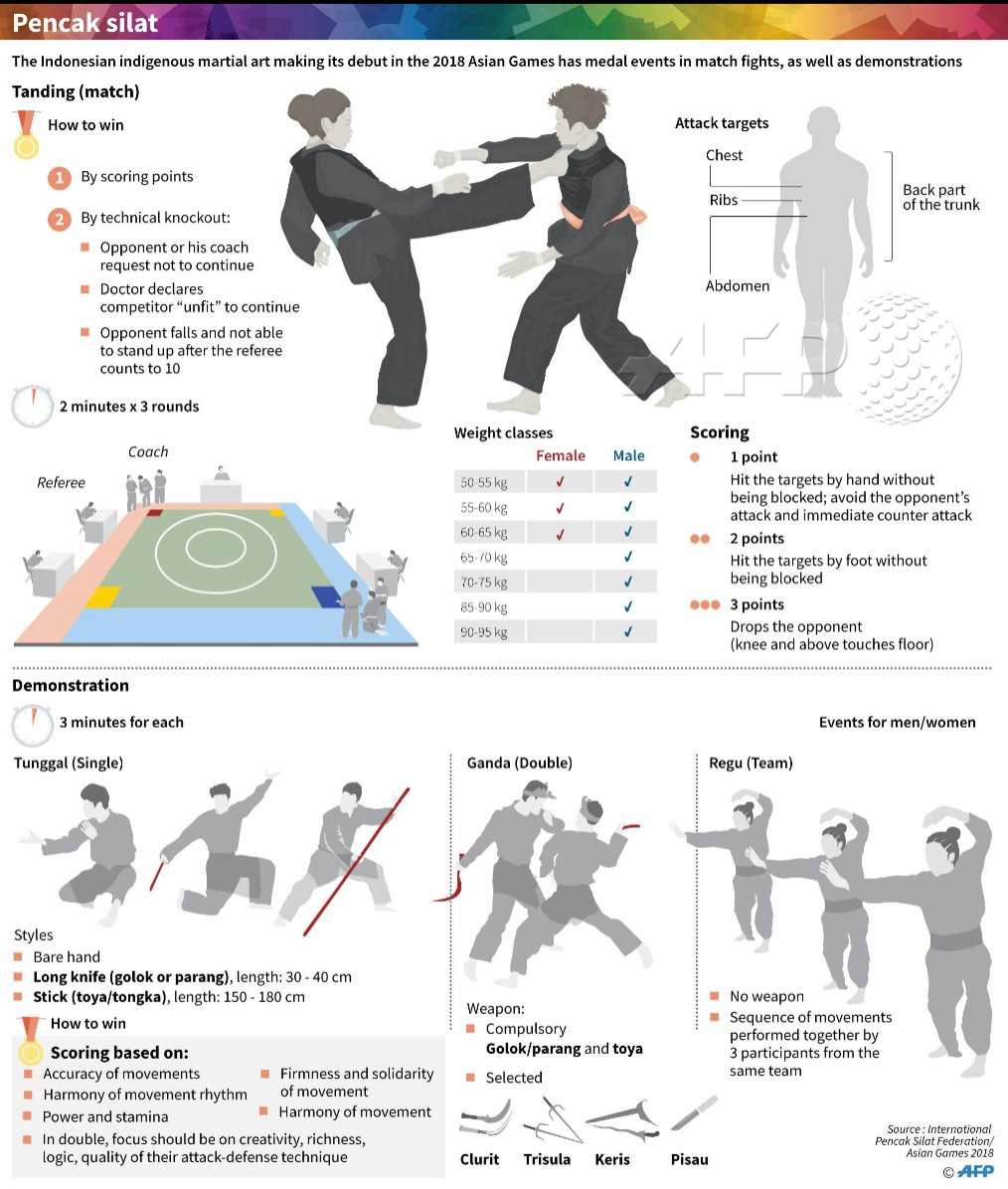The Impact Of Youth Fighting Style On Academic Performance And Emphasis
The Impact Of Youth Fighting Style On Academic Performance And Emphasis
Blog Article
Web Content Writer-Fitzgerald Porter
Step onto the floor covering of expertise and reveal the hidden power that young people martial arts possess.
Like a well-sharpened sword, the effect of these ancient methods on academic efficiency and focus is a pressure to be considered.
As you explore the midsts of this discussion, you will uncover the possibility for improved cognitive capabilities, boosted focus abilities, and a considerable increase in scholastic performance.
But the journey does not finish there, for real keys exist within the pages yet to be discovered.
Improved Cognitive Abilities
Boosted cognitive capabilities have been observed in youth that take part in martial arts. By engaging in fighting styles training, you can enhance your cognitive features such as focus, emphasis, and memory. The physical movements and methods involved in fighting styles need mental sychronisation and focus, causing boosted cognitive skills.
Researches have actually shown that regular engagement in martial arts can boost data processing rate and exec functions, which are critical for academic success. Fighting style training also helps to improve problem-solving abilities and decision-making capacities, as professionals find out to analyze and respond rapidly to different circumstances.
Furthermore, martial arts practice advertises discipline and self-control, which are crucial top qualities for effective discovering and scholastic achievement.
Boosted Focus Skills
How can martial arts training boost your capability to focus?
Fighting style training can considerably boost your concentration abilities. With the method of various methods and activities, you're required to focus your focus on the job at hand. This continuous involvement aids to train your mind to stay existing and focused.
Fighting style also teach you to block out distractions and maintain a high level of concentration also in difficult circumstances. The repeating of activities and strategies during training helps to establish muscle mass memory, enabling you to execute actions with precision and performance.
Furthermore, fighting styles training commonly integrates mental workouts such as meditation and mindfulness, which better boost your capability to concentrate and preserve emphasis.
Boosted Academic Performance
Fighting style training can dramatically improve your academic efficiency by fostering technique, emphasis, and self-confidence.
When you practice fighting styles, you learn to set goals, create routines, and manage your time effectively. https://keeganzjrak.activoblog.com/35626248/the-importance-of-self-constraint-in-attaining-knowledge-in-martial-arts-instruction convert into better research behaviors and far better scholastic efficiency.
https://wjactv.com/news/local/women-prove-them-wrong-a-closer-look-at-local-womens-self-defense-classes instruct you to remain focused and concentrate on the job at hand. This enhanced capacity to concentrate can considerably profit your knowing experience, allowing you to take in and keep information more effectively.
Furthermore, the positive self-image gotten through fighting styles can favorably influence your scholastic efficiency. Counting on yourself and having a positive attitude can help you conquer difficulties, take threats, and reach your complete academic potential.
Verdict
Youth martial arts have a considerable influence on academic efficiency and emphasis.
Research shows that students that join martial arts experience enhanced cognitive capacities, enhanced focus abilities, and enhanced academic efficiency.
In fact, a study discovered that students who engage in regular fighting styles training have a 15% greater GPA contrasted to those that do not.
This statistic highlights the favorable relationship in between martial arts and scholastic success, emphasizing the significance of incorporating such activities into the lives of young people.
